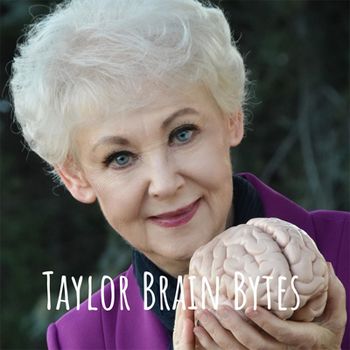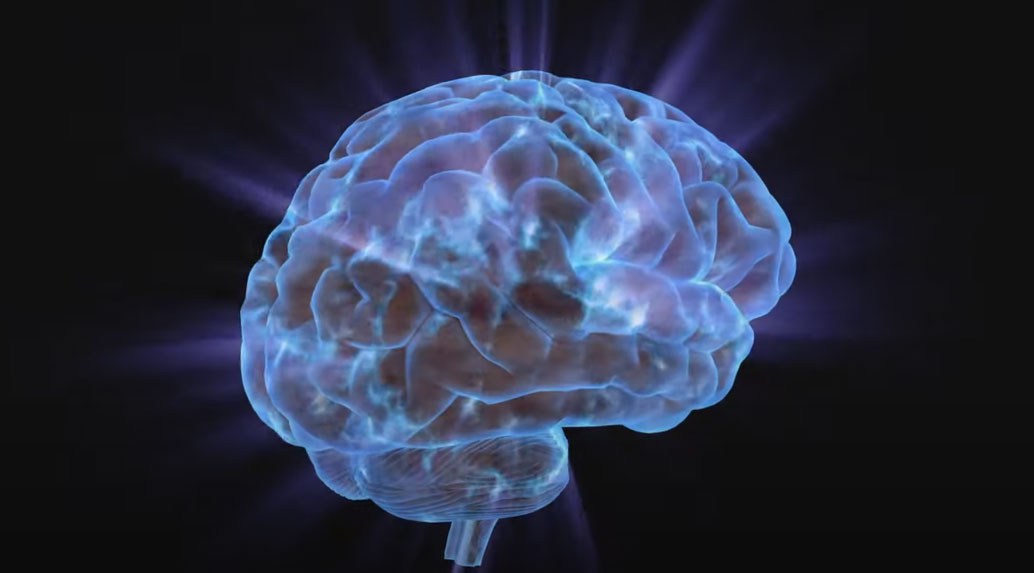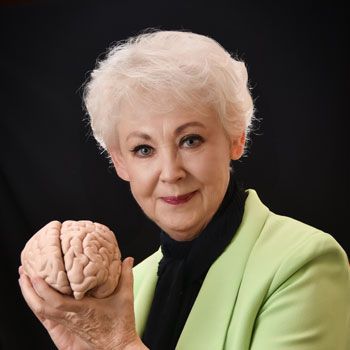Overweight and Mindset
Q. I read the Point to Ponder in your Spring Brain Bulletin. I can relate to the writer who said, “This cannot be correct. I never wanted to be overweight.” Everyone in my family is obese (“fat” as some put it so rudely), so there’s really nothing I can do about it except to develop a mindset that “big is beautiful.”
A. From a brain-function perspective, being overweight is less about how you ‘look’ and far more about how your brain functions, how healthy you’d like to be, and how long you want to live. Being overweight or obese is linked to about 50 diseases or medical conditions including dementia. As I write in Longevity Lifestyle Matters:
"Obesity is linked with more than 50 diseases—50!—including type 2 diabetes, heart disease, some forms of cancer, and dementia. According to the American Diabetes Association, a person is diagnosed with diabetes every 20 seconds in the USA, most with type 2 diabetes. If people continue to gain weight and remain inactive, estimates are that within 30-40 years 1 in 3 Americans will have some form of diabetes, a terrifying statistic for patients as well as healthcare professionals and health systems."
If your mindset is that you can do nothing about your weight, your brain will do nothing about it. I repeat: It may be hard pill to swallow but unless you have been struck with an extremely rare condition, in the words of Stephen Richards: We are exactly what our history made us to be. You cannot change the past; you can alter your future. Current wisdom says that 70 percent of how long and how well you live is in your hands.Life is composed of a myriad of miniscule decisions. Every single day you make choices to do this or that; that or this. The outcome of those tiny decisions eventually funnels into what happens to you. So if you don’t like what you see now, take ownership of your habitual thoughts and behaviors and get busy altering them, now. Look at your thoughts today because they influence how you will look and feel in the future.
There’s an old saying: Every pathology has an ecology. In other words, behaviors that result in negative or undesirable outcomes do not occur in a vacuum. Yes, you may have cellular memory for unhealthy eating habits. Nevertheless, you are also capable of creating and maintaining a Longevity Lifestyle that will result in a healthier future.
You are where you are today because of the choices you made in the past. Likewise, in the future you will be where you are because of the choices you made today, tomorrow, and the next day. Habits are simply choices you make on a regular basis. Often they are the result of self-medication—doing something to make yourself feel better in the moment with little or no thought about the future. All human beings self-medicate—but the way in which they do this can differ dramatically. Positive self-medication results in positive outcomes; negative self-medication in negative outcomes. You can self-medicate directly (e.g., food and drink, drugs, and medications). You can also self-medicate indirectly by what you think, watch, and the activities you choose (e.g., exercise, sex, risk-taking, strong emotions, playing electronic games). Addictive behaviors are simply self-medicating choices that have run away with themselves.
In general, current studies indicate that obesity is associated with hyperactivation of the Brain Reward System for high-calorie (HC) versus low-calorie (LC) food cues, which encourages unhealthy food selection and overeating. The Brain Reward System is triggered by seeing, smelling, thinking about, and imagining or picturing (the HC food. You can do something about this: you can retrain your brain by changing your mindset, your self-talk, and (in effect) rewiring your brain to trigger your Brain Reward System by seeing, smelling, thinking about, and picturing low-calorie foods—and by choosing them. It is, after all, your choice. If you are struggling, get some professional help.
It’s fairly simple, “dear Watson,” although not always fast and easy. Obesity begins insidiously with a few more calories ingested than are expended (often by mismanaging portion sizes, selecting refined and processed foods, and failing to get enough physical activity). Go for vegetables, seeds and legumes, high-fiber healthier carbs, and pure water as your beverage of choice. Keep moving. Concentrate on what you can do and do it consistently and stop dwelling on what you can’t do. Think long-term rather than short-term. Millions of people are doing it. So can you—but it all starts in the brain. Yours.




